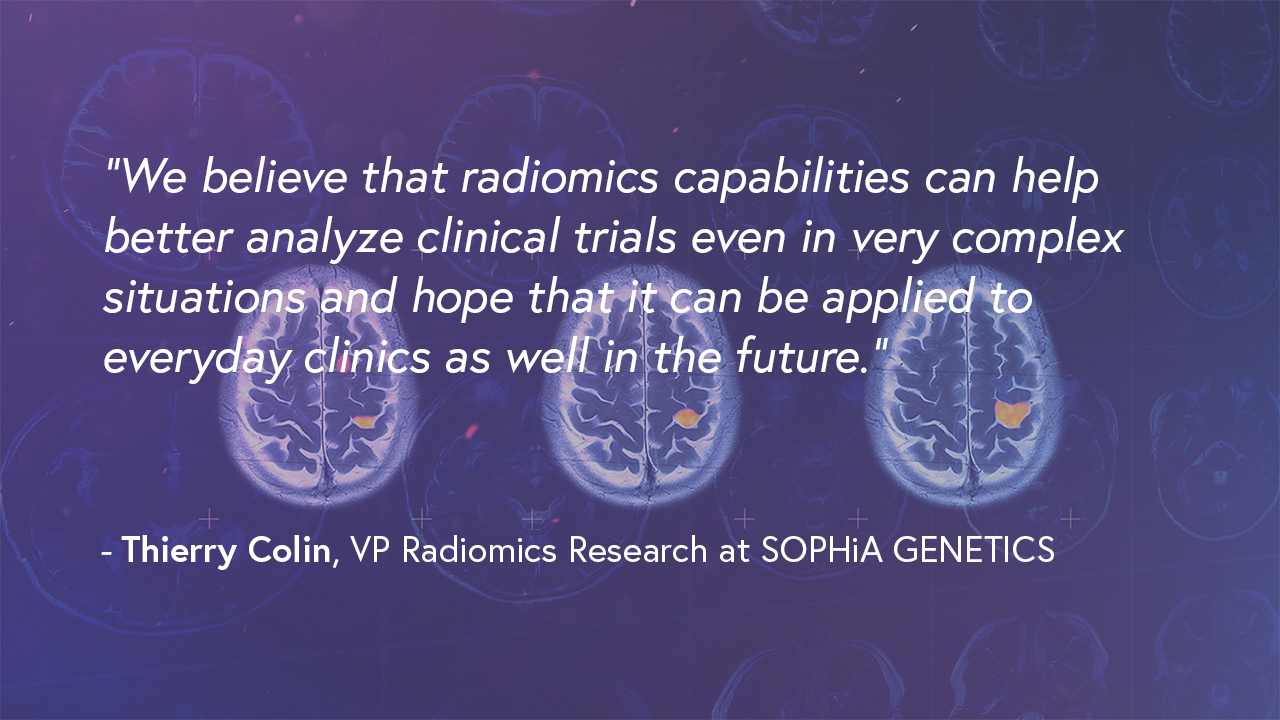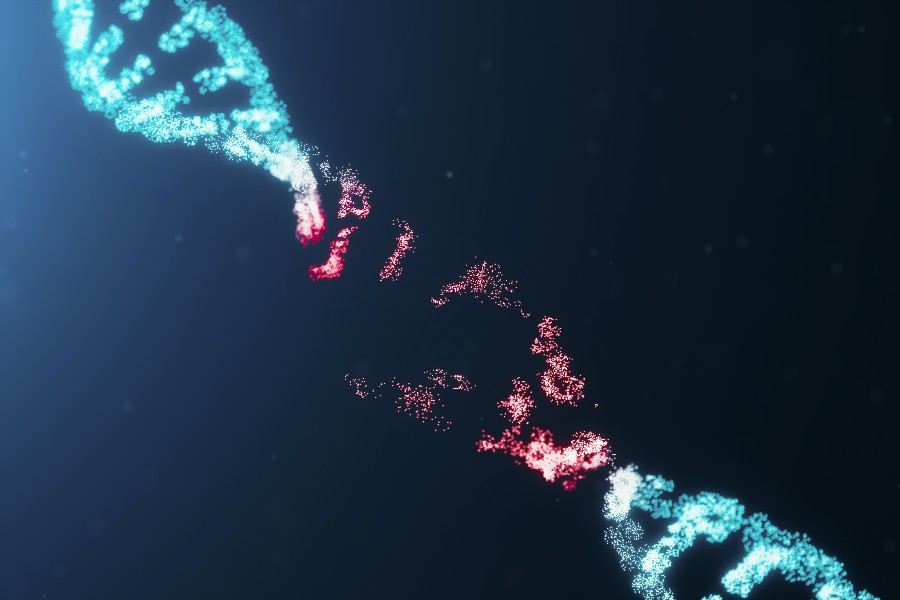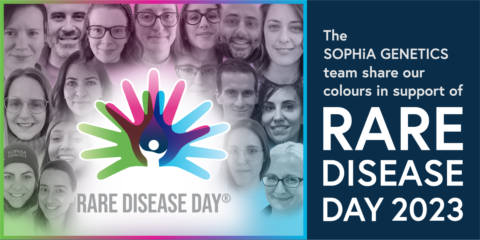At SOPHiA GENETICS, we believe that diversifying data modalities is the key to have better insights on diseases. That’s why, on top of genomics, our Radiomics R&D team is working on medical imagery analysis.
Applying their expertise to oncology specifically, members of the team just co-signed a newly published peer-reviewed paper hand-in-hand with several of our key partners in France. This promising paper, published in Neuro-Oncology, described the development of new evaluation criteria of treatment response in clinical trials for high-grade meningiomas.
Their observations and results support the need of the clinical community for new and improved evaluation criteria. Some criteria used in oncology today have not kept pace with the advances of precision medicine. Our team aimed to develop alternatives that have the potential to be better indicators of the response to current and future treatment protocols. Modern technologies such as AI, machine learning, and image segmentation can help develop imaging biomarkers that have the potential to redefine today’s gold standards.
Thierry Colin, VP of Radiomics research at SOPHiA GENETICS and co-author of the paper, said: “We believe that radiomics capabilities can help better analyze clinical trials even in very complex situations and hope that it can be applied to everyday clinics as well in the future.”
Thomas Graillon, neuro-surgeon at the Hospital La Timone in Marseille, France, and principal author, added: “Mathematical analysis performed by Thierry Colin’s team discriminated various response patterns to targeted therapies for aggressive meningiomas. Complementing the existing 6-month progression free survival method, this research enables new tools for the assessment of meningioma clinical trials and, in particular, the assessment of antitumoral drug activity in meningioma.”
Read the paper here.
Celebrating 1 Year of SOPHiA DDM™ Homologous Recombination Deficiency (HRD) Solution!
This week is marking one year from the official launch of the SOPHiA DDM TM Homologous Recombination Deficiency (HRD) Solution,












